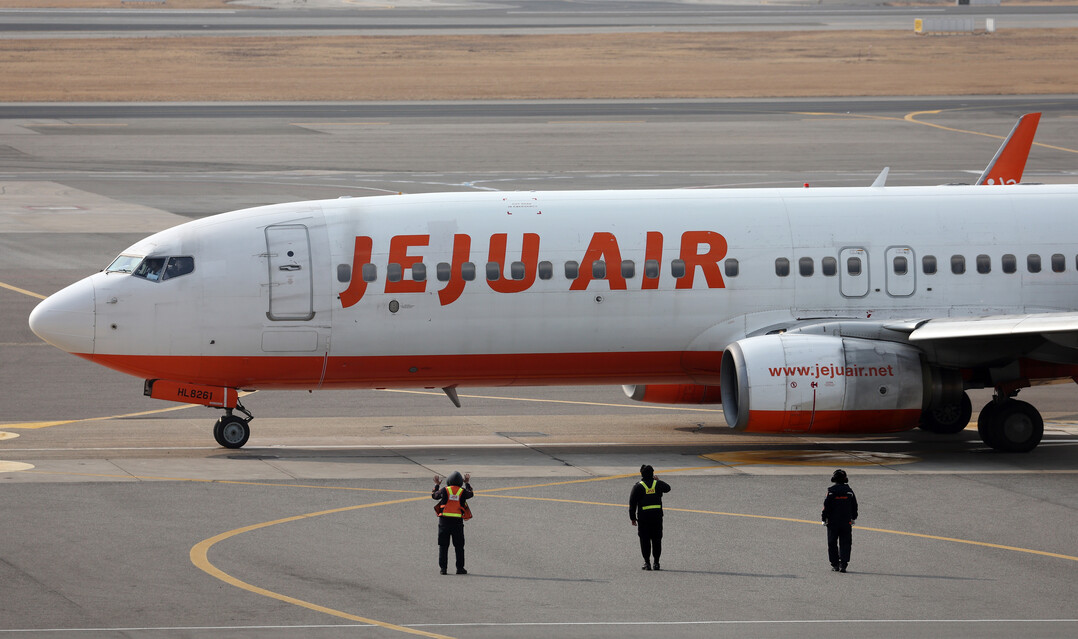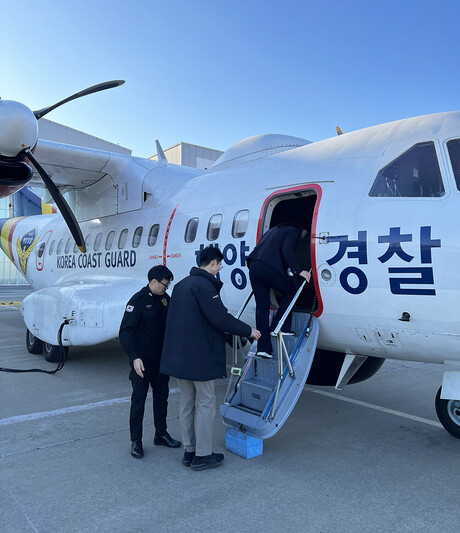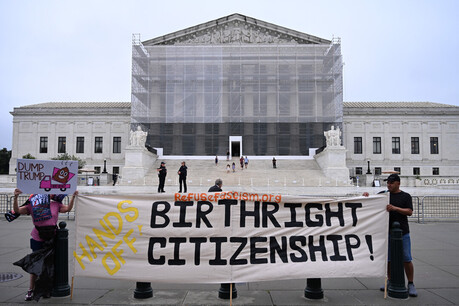
Seoul, South Korea – February 2, 2025 – Jeju Air, South Korea's largest low-cost carrier, is facing a significant financial strain following a fatal crash on December 29th that has led to a surge in flight cancellations and refunds.
According to the Financial Supervisory Service's electronic disclosure system, Jeju Air had collected approximately 260.6 billion won ($198 million) in advance payments for flights as of the end of last year, the highest among South Korean low-cost carriers. This figure is 41.6% higher than the second-largest, T'way Air, which had 184.3 billion won in advance payments.
Advance payments represent the money passengers pay for flights in advance. Before the flight, these payments are classified as liabilities but are converted to revenue once the flight is completed. Airlines often use these advance payments as a source of liquidity to fund their operations.
However, the recent crash has triggered a wave of cancellations, leading to a significant outflow of funds for Jeju Air. The airline reported that approximately 68,000 flight bookings were canceled within the first 24 hours following the incident. To mitigate the impact on passengers, Jeju Air has offered full refunds without any penalties for all domestic and international flights departing before March 29th. This policy is expected to further increase the number of cancellations.
Moreover, travel agencies offering packages that include Jeju Air flights have also been forced to offer full refunds to their customers. Major travel agencies such as Hana Tour and Interpark Tour have waived cancellation fees for packages involving Jeju Air.
[Copyright (c) Global Economic Times. All Rights Reserved.]





























